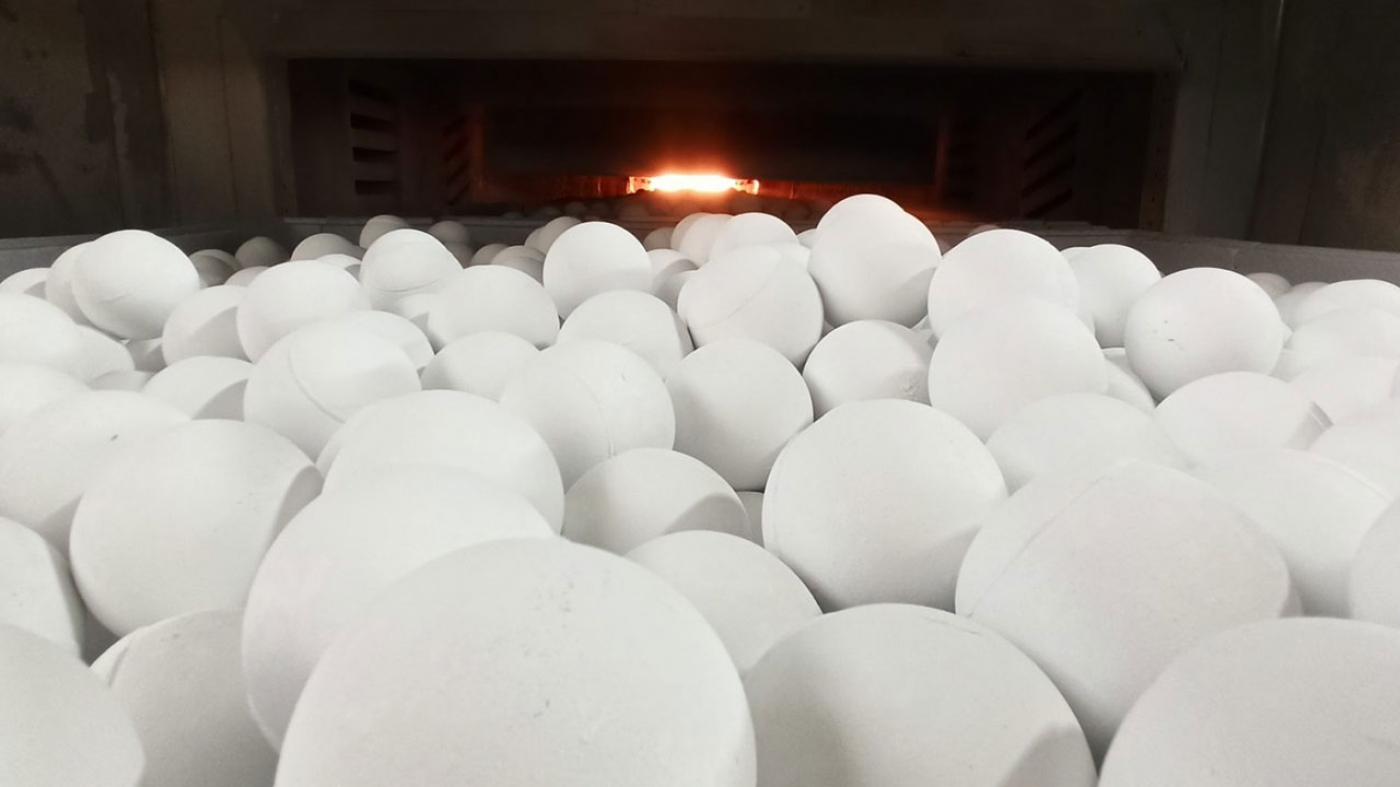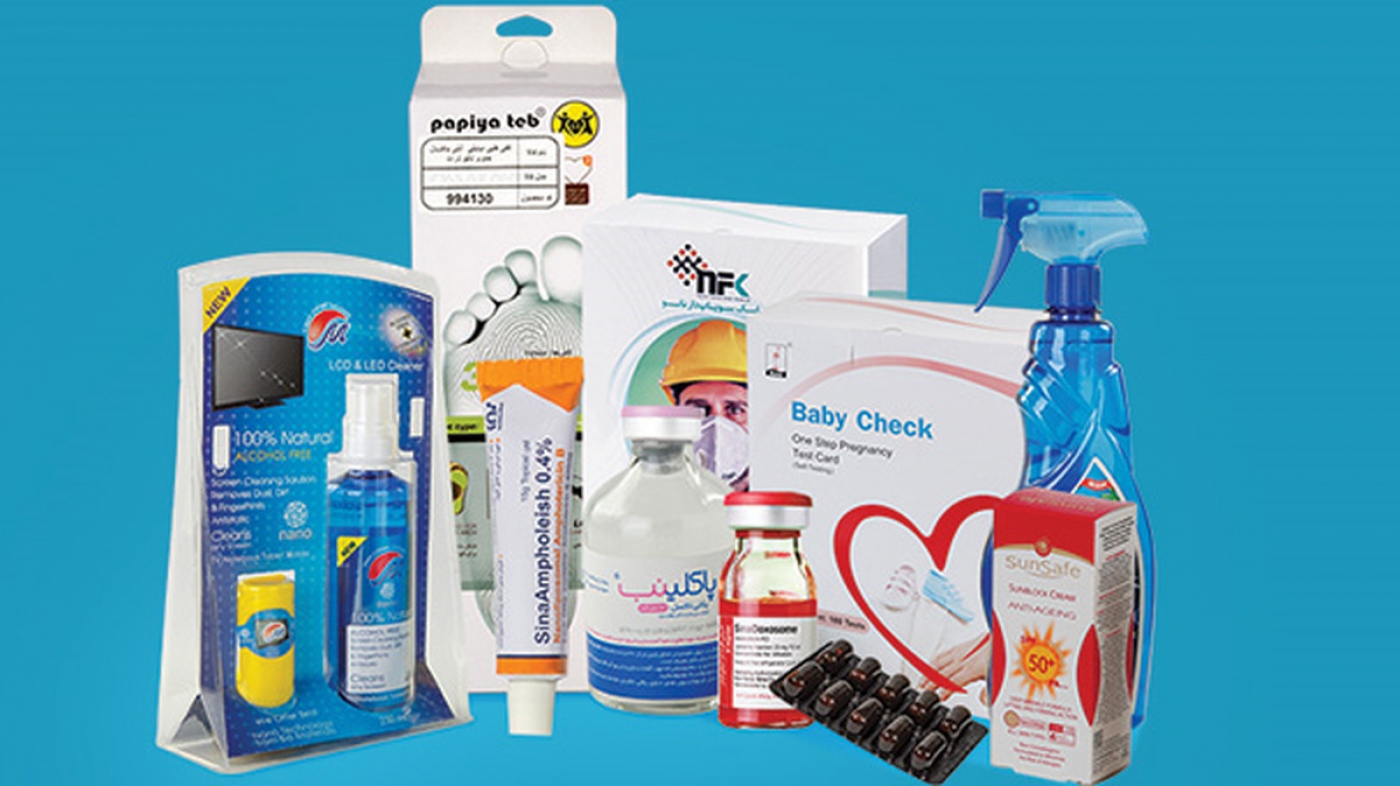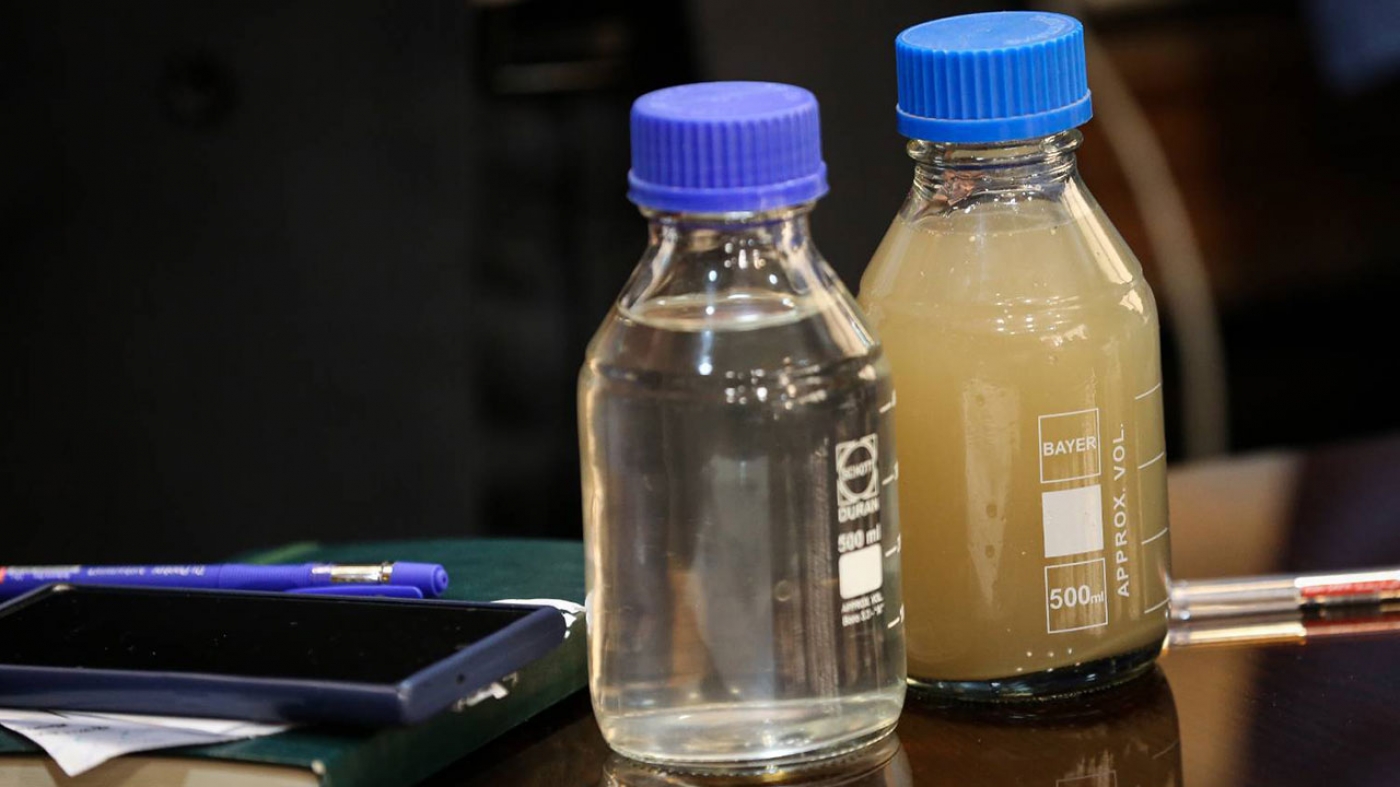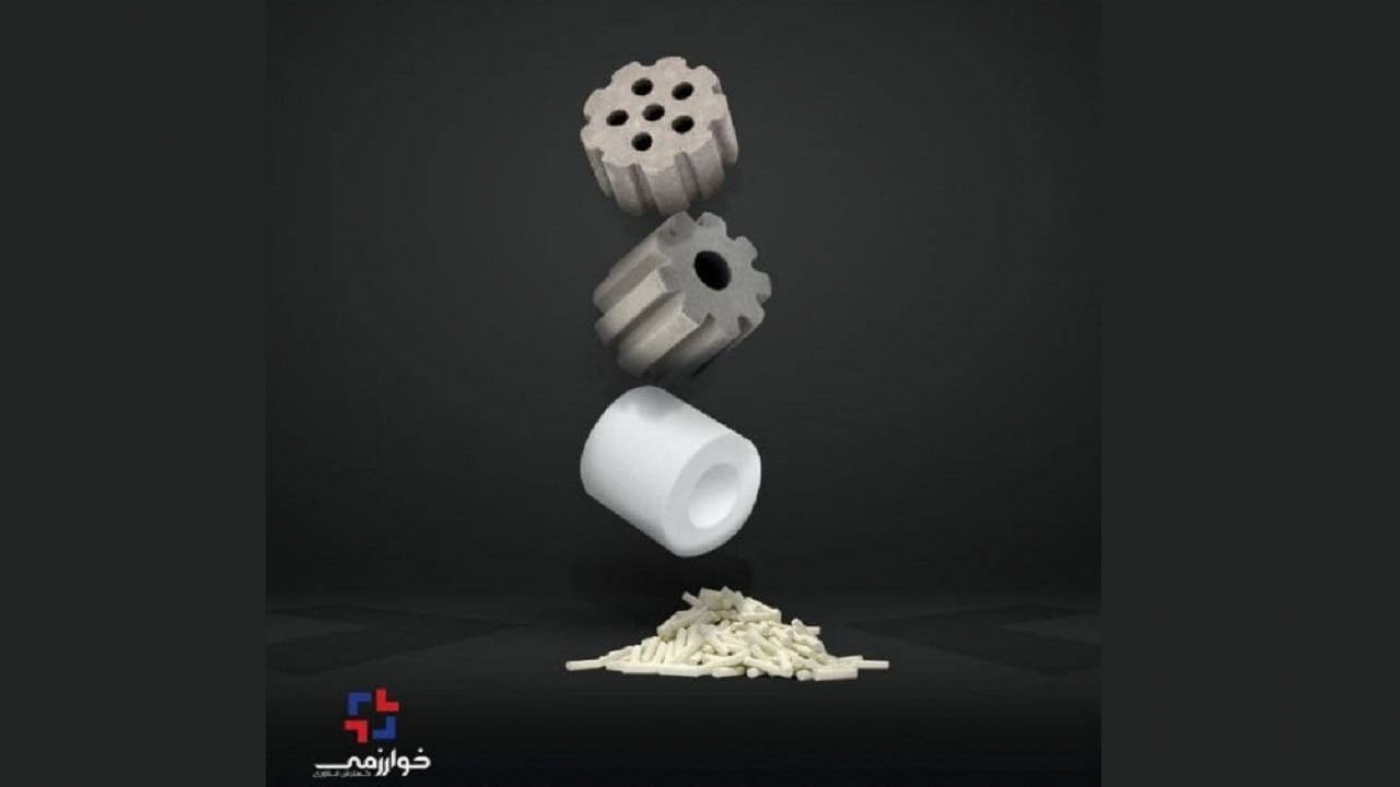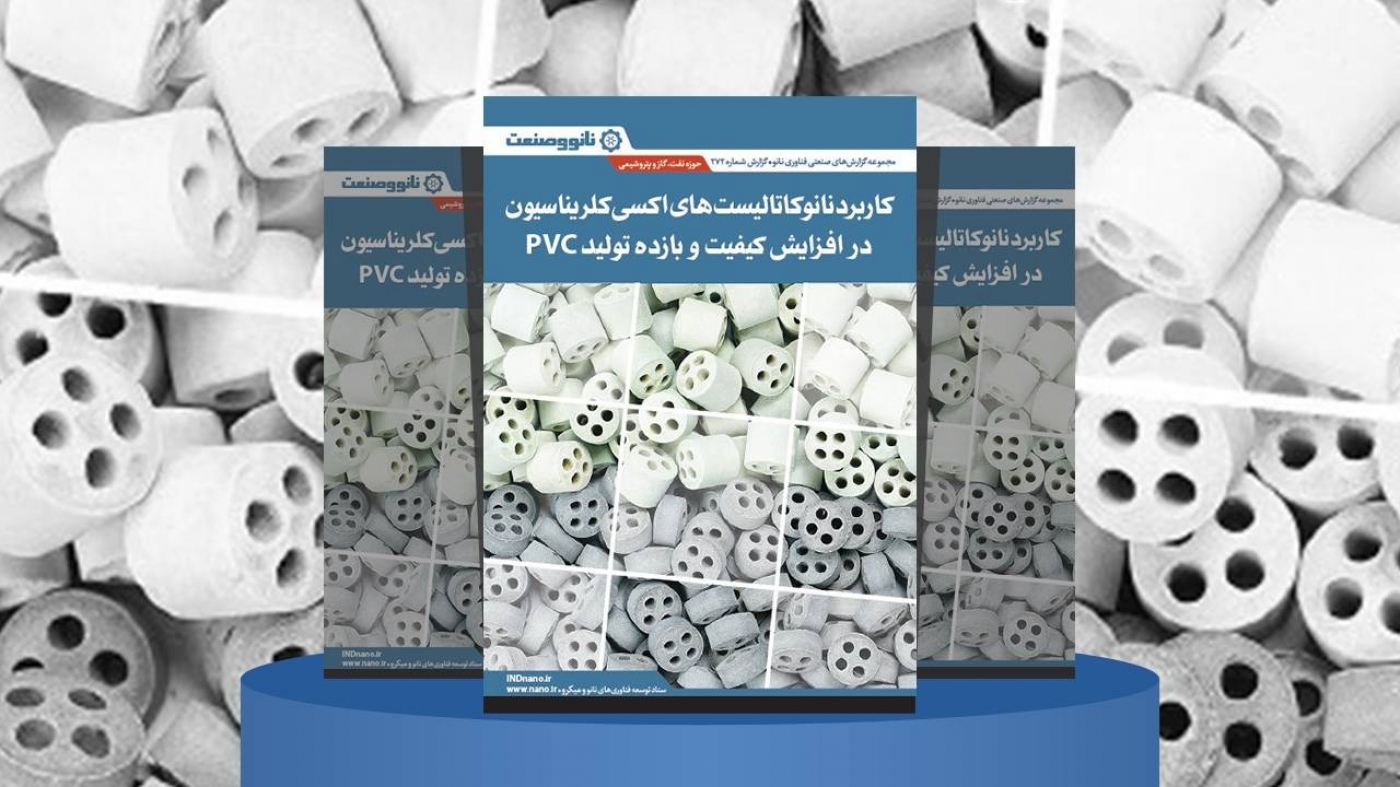By manufacturing cutting-edge nanocatalysts, including modified nanocatalysts for sulfur recovery and excess oxygen absorption from petroleum derivatives and condensates, the company has played a crucial role in supporting industrial processes like sour gas sweetening in refineries across the country.
Sour gas sweetening is a process used to remove sulfur compounds, such as hydrogen sulfide (H₂S), from natural gas or liquid streams. Sour gas is a corrosive, flammable gas that is highly toxic to humans and animals even in small quantities. Exposure to sour gas concentrations above 1,000 ppm can be lethal.
The removal of sulfur compounds is essential for producing sweet gas, which is more environmentally friendly, reduces pipeline and equipment production costs, prevents corrosion, and lowers installation and maintenance expenses.
One method for sweetening gas involves burning sulfur, which has environmental consequences. However, using nanocatalysts for sulfur recovery offers a more sustainable alternative for removing these compounds.
The Industrial Ceramics Company of Ardakan has developed sulfur recovery nanocatalysts based on activated alumina, supplying them to various industries. For instance, three major categories of the company's nanocatalysts have been utilized in the Ilam and Hasheminejad refineries, various phases of the South Pars gas field, and the Kharg Petrochemical Complex, significantly addressing the challenges of sour gas sweetening in the country's refineries.
These strategic nanoproducts, with their unique properties, have replaced many previously imported products in various industries. Sulfur recovery nanocatalysts in Claus refinery units, reforming nanocatalysts in the steel industry, gamma and alpha nanostructured alumina in industrial and engineering ceramics, and active nanostructured alumina as nanoadsorbents in compressed air and compressor manufacturing industries are among their numerous applications.
Adhering to the principles of quality, price, and delivery time (
Q.P.T), the company has competed in quality with leading global manufacturers like BASF, Johnson Matthey (UK), Axens, and BTC while offering products at significantly lower prices. Previously, these nanomaterials were imported at high costs, but the company now supplies advanced nanocatalysts domestically at much lower prices and in various quantities, making them quickly available to industries.
With the increasing demand for advanced ceramics, strategic nanoadsorbents, and nanocatalysts across key industries—including oil, gas, petrochemicals, steel, mining, aerospace, automotive, and medical sectors—the future of the nanocatalyst and nanoadsorbent industry in Iran looks exceptionally promising.
